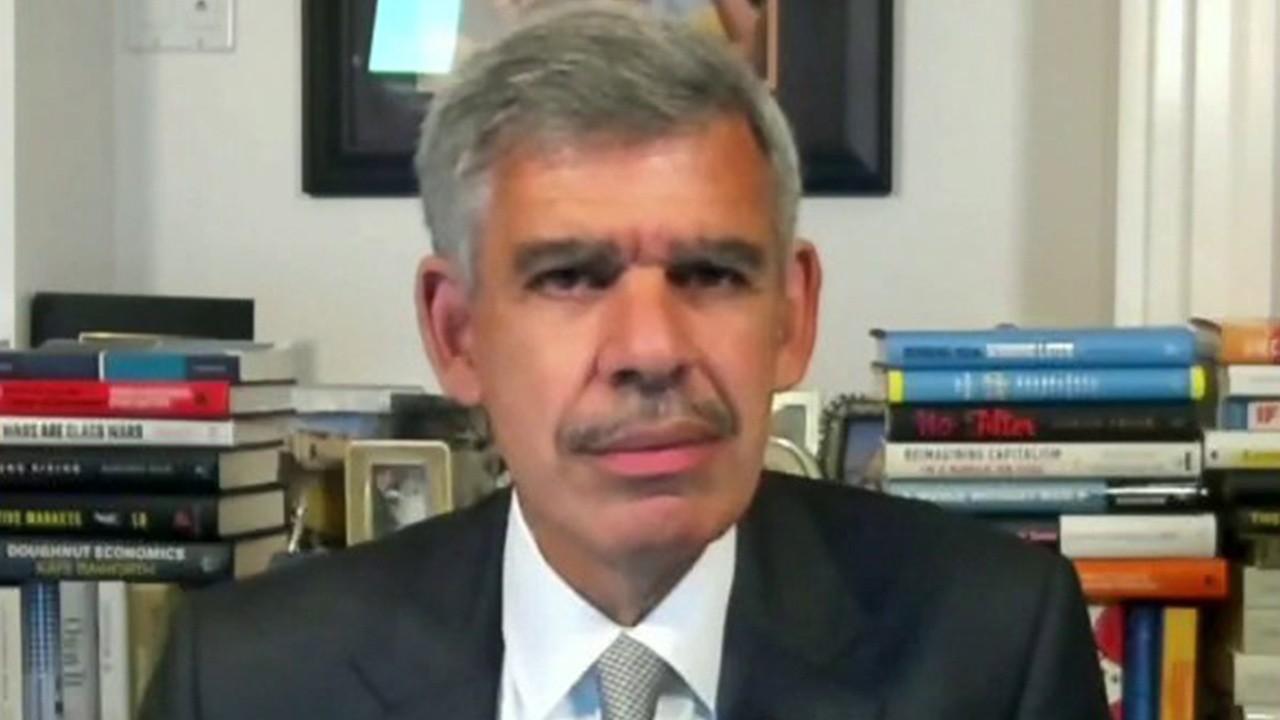Retail-investing frenzy signals warning for stock market: Gundlach
'Retail investor activity is downright terrifying'
Billionaire bond fund manager Jeffrey Gundlach said the “retail investment fervor” that has developed during the COVID-19 pandemic is a troubling sign for the health of the stock market.
Retail investing, or consumers managing their own small holdings in financial markets, has surged with Americans trying to make use of excess downtime forced on them by the coronavirus pandemic, potentially helping to stretch valuations to near-historic levels.
“Retail investor activity is downright terrifying,” Gundlach said on a conference call on Tuesday evening, pointing to the growth in daily average trades and trades per account. “This is a terrible sign for the condition of the market for anybody who's experienced a significant number of cycles.”
BRUISING STOCK SELLOFF UNDERSCORES MARKET RISK DURING CORONAVIRUS TURBULENCE
Retail investing has experienced a rebirth over the past year, with nearly 800,000 new accounts opened at the three biggest brokers in March and April as lockdowns aimed at slowing the spread of the COVID-19 pandemic allowed people to focus more on investments just when online brokers were slashing commissions to zero, breathing life into an industry that had been left for dead.
The rise of the retail investor has come amid an unforgiving news cycle that has kept stock-market volatility elevated despite the major averages moving to record highs, typically a sign of investor calm.
The CBOE Volatility Index, often referred to as the stock market’s fear gauge, last week closed at the highest level on record for a period in which stocks were at an all-time peak.
At the same time, retail investors, who are typically thought of as “dumb money” by Wall Street pros, have over the past six months helped drive price-to-earnings ratios up by the most in 30 years, resulting in a “melt-up of historic proportion in terms of its speed,” Gundlach said.
Before the stock market’s three-day selloff began on Thursday, surging prices had stretched the S&P 500’s price-to-earnings ratio into the 99.6th percentile, just below the level at the height of the dot-com bubble.
CLICK HERE TO READ MORE ON FOX BUSINESS
Eight mega-cap tech stocks – Amazon Inc., Apple Inc., Alphabet Inc., Facebook Inc., Microsoft Corp., Netflix Inc., Nvidia Corp. and Tesla Inc. – accounted for 48% of the Nasdaq’s $18.3 trillion market capitalization.
“This is not a cheap market,” Gundlach said.




















